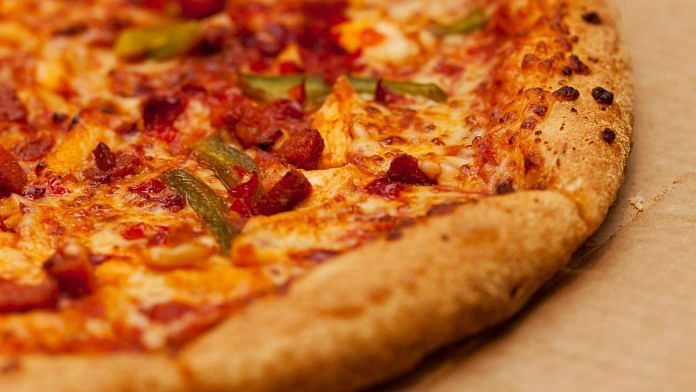New Delhi: To reduce incidence of heart ailments, the Narendra Modi government is likely to roll out regulations for limiting trans fatty acids (TFA) or trans fats in food items by this month, ThePrint has learnt.
The Food Safety and Standards Authority of India (FSSAI), the country’s apex food regulator, will mandatorily limit trans fats content in food items and oils to three per cent by 2021 and two per cent by 2022, against the present limit of five per cent.
“The industry has to be a little more innovative and pull up its socks to find ways on how to reduce trans fats from food items,” Arun Singhal, CEO, FSSAI told ThePrint.
According to the American Heart Association (AHA), trans fats raise bad (LDL) cholesterol levels. They also lower good (HDL) cholesterol levels. High LDL along with low HDL levels can cause cholesterol to build up in blood vessels, increasing the risk for heart disease and stroke.
One in four deaths in India, according to a Lancet study, is due to cardiovascular diseases (CVDs).
“We are working on the final regulations which are likely to be released by this month. The objective is to decrease trans fat content in foods and oils to two per cent by 2022, which is one year earlier than the World Health Organisation’s (WHO) target,” Singhal added.
In September last year, the FSSAI had proposed a draft regulation to limit trans fats in food products through an amendment in the Food Safety and Standards (Prohibition and Restriction on Sales) Regulations. While limiting trans fat content has been voluntary till now, the new regulations will make the requirement mandatory for food business operators.
Also read: As study flags ‘unhealthy’ McDonald’s & Subway, food authority says law takes its own time
Two types of trans fats
There are two broad types of trans fats found in foods — naturally-occurring and artificial trans fats — according to the AHA.
Milk and meat products, for instance, have naturally-occurring trans fats. Artificial trans fats (or trans fatty acids) are generated in food items during an industrial process that adds hydrogen to liquid vegetable oils to make them more solid.
The artificial trans fats can be found in several food items, including doughnuts, cakes, biscuits, pizzas and cookies. Usually their presence is listed on food labels, expressed as trans fats per serving or as ‘partially hydrogenated oils’.
“While it is impossible to remove the naturally-occurring trans fats, our objective is to limit or remove artificially occurring trans fats,” Singhal said.
‘Hand holding, sufficient preparation time will be given’
FSSAI — a wing under the Ministry of Health and Family Welfare — has been working on three main agendas that include fortification of food items, issue of High Fat, Sugar and Salt (HFSS), and trans fats.
“Reducing trans fats from food items is not an impossible task. We have internally estimated that even in products which are assumed to be unhealthy, such as jalebi and samosa, some producers have managed to keep the trans fat levels within two to four per cent. Even some reputed chocolate brands are trans fats free,” Singhal said.
He added, “This means a tweak in manufacturing processes, accompanied by innovation can lead to reduction in these levels. Also, we have been hand holding the industries and helping them through a series of webinars.”
Singhal also said the government will provide industries sufficient time for preparation.
Also read: Haldiram, Patanjali, McDonald’s, PepsiCo selling food with high sodium, fat levels: Study



